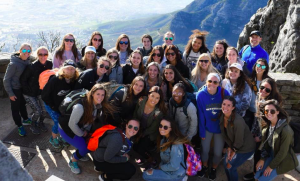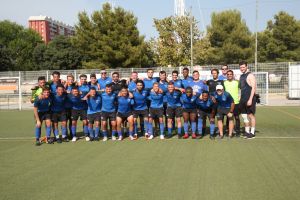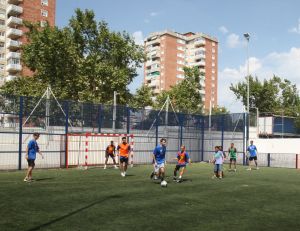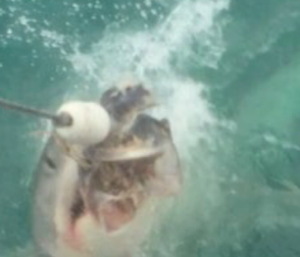Over the summer, members of the men’s and women’s soccer teams traveled internationally to compete with teams in Spain and South Africa. Although the competition proved to be challenging, both soccer teams participated in service, cultural and adventure opportunities that brought them closer together as a team and encouraged them to grow as individuals.
Every three years, the NCAA permits collegiate sports teams to compete internationally. Previously, Cabrini soccer teams have traveled to Bermuda, Germany, Brazil and Portugal. However, both teams had extended the travel back a year in order to fundraise, lowering the cost that the students had to pay.
In June, 35 people associated with the women’s soccer team traveled to Cape Town, South Africa. This included students, coaches, parents and alumni. They played against semi-professional teams, known as club teams. The games were difficult and they found the competition to be fierce.

Internationally, club teams are not a branch of collegiate sports. Rather, club teams are referred to as a competitive, semi-professional league. Men and women between the ages of 15-30 from all parts of the country compete for the sole intention of training and playing soccer. There is no college education associated with it.
In July, the men’s soccer team departed to Barcelona, Spain. There were 33 people total, including parents, coaches and students. The men’s soccer team likewise encountered the same challenging atmosphere in their games against the club teams.

Ray Wilson, sophomore finance major, thought that a lack of recent practice made the games challenging.
“The [club] players play together all the time, whereas for us it was the first time we had played together in two to three months,” Wilson said.
Josh Cunningham, sophomore biology major, found that there were key differences between American and Spanish soccer.
“There is also a different style of play. They play less physically, more on the ball and a lot quicker. The players are also trying to become professional,” Cunningham said.
True to Cabrini’s core values, each trip was embedded with a service component to the local community.
The women’s team took a visit to a “township,” a specially set aside place where the poorer residents of Cape Town resides. The team visited a tiny school, that was just experiencing flooding, to sing and dance with the children.
Likewise, the men’s soccer team participated in a soccer clinic for underserved youth in Barcelona.

Players from both soccer teams found the service work to be a very positive and rewarding experience. They left inspired by the children they worked with.
In addition to their athletic events, both teams partook in numerous adventures, cultural excursions and a service opportunity.
The women’s soccer team took part in many excursions, such as shark cage diving, a safari, ziplining and hiking.
For many, it was the shark cage diving that tested everyone’s limits. Due to rain, the seas were rough and turbulent. As soon as the anchor was dropped, several members of the team fell ill.
Those who were not suffering from seasickness donned full-body wetsuits and entered in nine at a time. The shark cage was attached to the side of the boat, so it was completely safe.
Assistant coach Brittney Runyen described an up-close encounter with a shark.
“When the shark caught on to the rope, they pulled it closer towards the boat. That’s when we were able to see inside the shark’s mouth,” Runyen said.

Events on the itinerary for the men’s soccer team included a walking tour of Barcelona, a cooking class, hiking up a mountain and paddle boarding in the Mediterranean.
Some team members had stepped out never paddleboarding. Others faced their fears of heights while climbing the mountain or overcoming a physical injury.
Although the men and women’s soccer team were not as athletically successful as they hoped, the lessons and experiences they took away from the trip were invaluable.
Men’s soccer coach Rob Dallas noted the team culture and moral experienced tremendous growth following the trip.
“Our team culture is better to spot than ever before. The [players] all experienced theses one in a lifetime opportunities together and it really drove them together during these once-in-a-lifetime opportunities,” Dallas said.
Senior middle-level education major, Theresa Mignogna, agrees that the bond in women’s soccer team has strengthened.
“Now that we’ve come back we are stronger than ever before. I feel like I can have an intense conversation with anybody on my team,” Mignogna said.



who pays for these international trips for sports team………